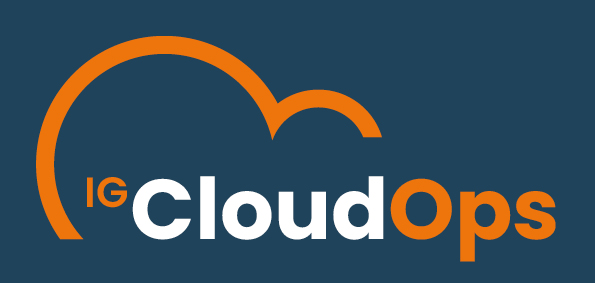
Over our 11 years of experience supporting and managing cloud environments for businesses of all shapes and sizes, we’ve learned plenty of valuable lessons.
Once you’ve made the decision to migrate to the cloud, the next obvious step is to decide whether you’re going to go direct to the supplier (Amazon or Microsoft) or work with a specialist partner. Although both suppliers have reasonably straightforward setup processes that can be managed in-house quite easily, on a day-to-day basis it’s likely that you’ll need more expert assistance. If you do choose to go with a specialist partner, there are a huge number of companies out there who can help, so how do you choose what’s right for your business?
In this article, we’ll take you through what we believe are the most important areas to consider when choosing your cloud partner and help you to make the choice that little bit easier.
The contract that you hold with your cloud partner will form the basis of your entire relationship and will include the service levels that you both agree to.
There will likely be a straightforward option if your needs are reasonably standard. However, if they are more complex, the contract may need to be heavily customised to meet these needs. The key considerations that will form part of the contract are:
Any service level agreements should be clearly defined and include any relevant information about roles and responsibilities between the two companies.
The contract is in place to protect both you and the cloud partner, so make sure you take the time required to ensure it covers what you need it to.
There are multiple bodies that define best practice within the cloud industry, and both Microsoft and Amazon have partner programmes which include certification for members based on structured courses and exams.
When choosing a partner, be sure to find out which certifications are held within their team and ensure they’re well suited to your business needs.
The complexity of the cloud industry means that there are multiple standards and accreditations that cover a variety of different services, and prospective consultants should be able to provide advice on which of these are required for the type of data that you’re hosting. Have a read of our blog for more information on how to find out whether your cloud provider is properly certified.
When choosing a partner, you’ll want to look for someone who has a track record of stability and strong financial health. If your partner was to cease trading without prior warning, for example, you run the risk of losing your data or application, so this is not a decision that should be taken lightly.
It’s also worth understanding the type of client that the supplier typically works with and ensuring that they align with your own. If they have little experience in working with businesses like yours, it’s unlikely they will be a good fit for you.
Most specialist cloud partners will have relationships with multiple vendors in order to provide the appropriate solutions for their clients. We recommend speaking with your potential partner to understand more about their existing vendor relationships, including details such as the length of the relationships and the level of certification that they provide.
It’s also worth understanding the level of technical competencies that they hold to make sure that they can extend your existing skill levels and that they are sufficiently capable of taking responsibility for critical business services.
Data security is always one of the key concerns when it comes to moving over to a cloud-based solution, so this will come high up in the list when choosing a partner. They should be able to demonstrate the processes that they have in place for protecting your information and providing system security.
It’s important to have the discussion with them early on to find out what steps they will be taking to protect your company data and minimise any potential risk. You should also seek to find out more about their disaster recovery process and ensure that data preservation expectations are agreed within the contract, including restoration times.
If you’re looking for a long-term relationship with your cloud partner, you should also take into account their future technology plans and ability to adapt alongside the changing needs of your business. Be sure to discuss their innovation roadmap and how this is likely to fit in with your needs today, as well as in the future.
It can seem like quite a big and overwhelming decision to choose your cloud partner, and is certainly not something that should be rushed. Having said this, if you take the time to map out the needs of your business and what factors are important to you, it can help to make the decision much easier.
Trust is one of the biggest aspects of any business relationship, and this is absolutely the case when it comes to specialist cloud partners. Check out company reviews, understand their principles and see who their other clients are. This can help to give you an overall idea of the type of company they are and how they will align with your own company’s ideals.
Finally, make sure that you carry out a full and thorough audit before making any decisions and have also agreed a clearly defined exit strategy if for any reason you do need to end the relationship.
If you want to find out more about this topic, take a look at our white paper, “Changing Cloud Provider”, or feel free to get in touch.

Over our 11 years of experience supporting and managing cloud environments for businesses of all shapes and sizes, we’ve learned plenty of valuable lessons.

It may seem odd to have a case study for our own company, but we are by no means special when it comes to our reliance on the cloud and how we use it to improve our...